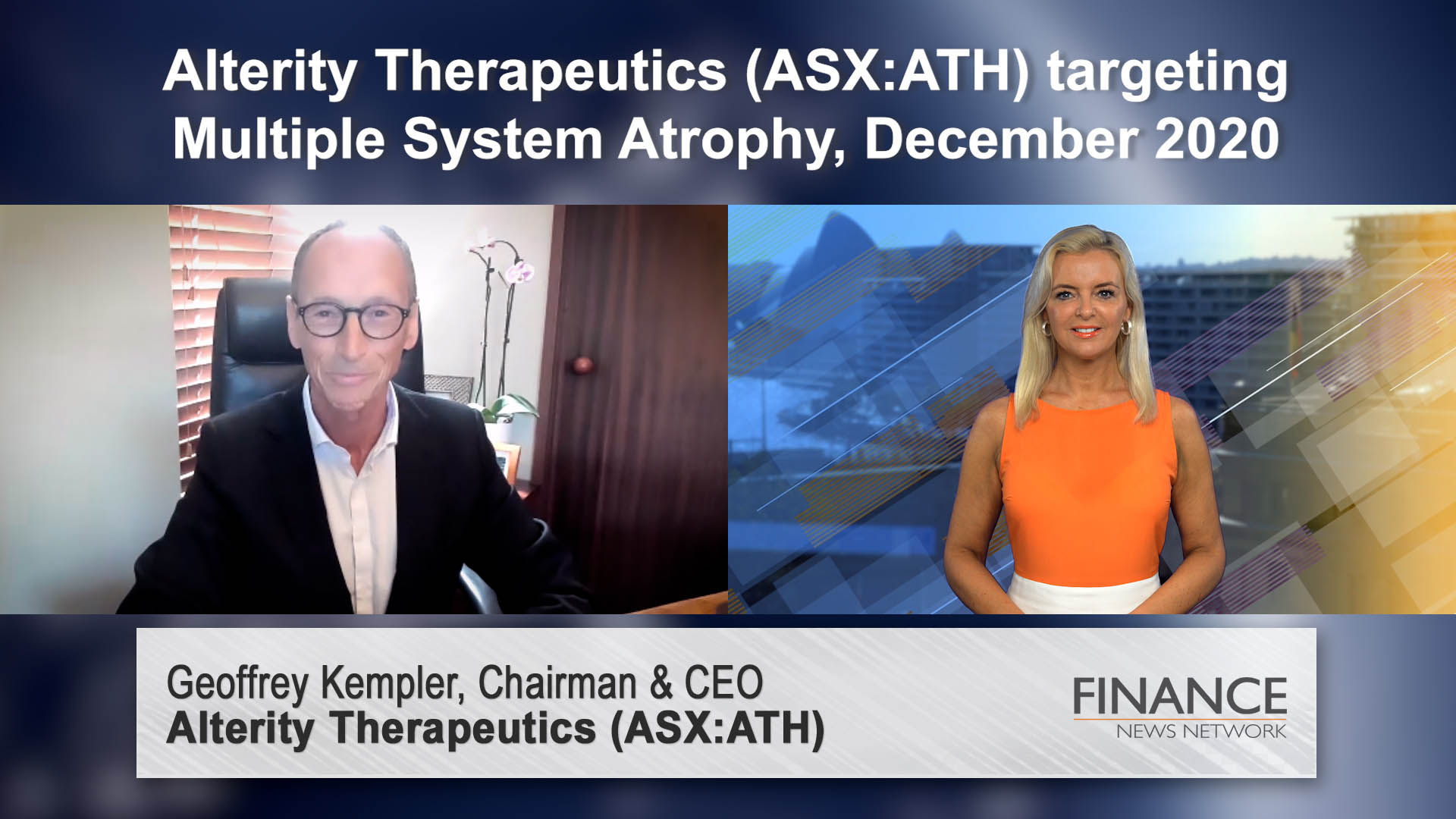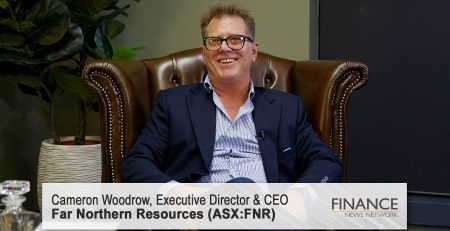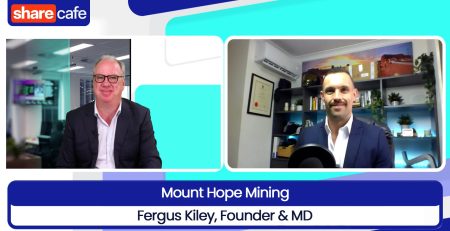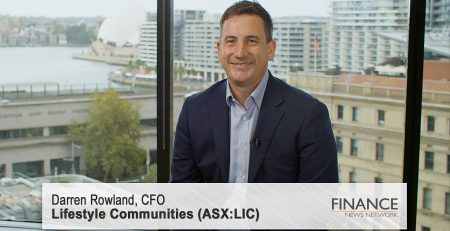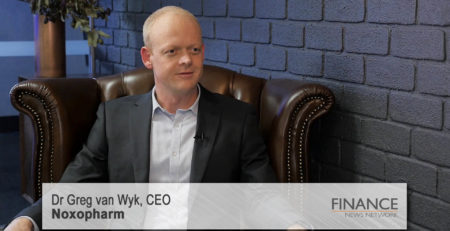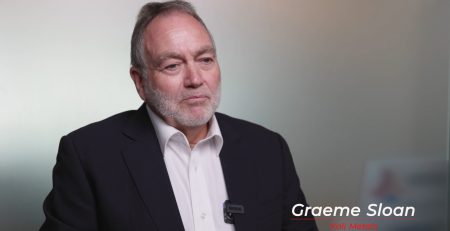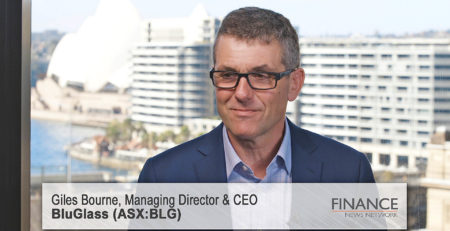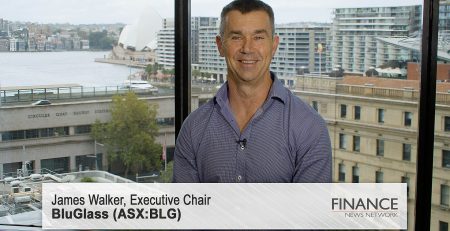Alterity Therapeutics (ASX:ATH) targeting Multiple System Atrophy
Alterity Therapeutics Limited (ASX:ATH) Chairman and CEO Geoffrey Kempler provides an update on the company's lead compound ATH434 for Multiple System Atrophy, its dual strategy in Europe and the US and its Phase 2 plans.
Rachael Jones: Hello. I'm Rachael Jones for the Finance News Network. Joining me from Alterity Therapeutics (ASX:ATH) is CEO and Chairman Geoffrey Kempler. Geoffrey, welcome back to FNN.
Geoffrey Kempler: Thank you very much. I'm happy to be here and good morning.
Rachael Jones: Good to see you. Now Alterity Therapeutics is tackling neurodegenerative disease with a focus on Multiple System Atrophy. Can you tell us more about this?
Geoffrey Kempler: Our lead molecule ATH434 is able to deal with the toxicity of a protein in the brain called α-synuclein, that leads to the damage associated with Parkinson's disease, as well as the Parkinsonian diseases, such as Multiple System Atrophy.
And so Multiple System Atrophy is a rare and highly debilitating neurodegenerative disease, and there are no disease-modifying treatments for this unfortunate disease, and there is no cure, although there are some treatments that can help with some of the symptoms.
Our lead molecule has completed phase one. It's been very successful. It's been presented at various conferences. We're very pleased with that. We're able to get our drug to the site that we're trying to target for the disease, and that includes getting across the blood-brain barrier, which is no mean feat, but it's something that we're specialised in doing for many years. And we're able to get there in good concentrations. In fact, concentrations that are sufficient based on our animal studies, for efficacy.
So if we can see that happening with patients, human patients, then that's going to be very, very exciting. And, as part of that enthusiasm, we've been able to enlist the regulatory authorities in both America and in Europe. They've given us what's called orphan disease status, and that gives us some special privileges, particularly around intellectual protection to allow us to pursue this.
So we're very pleased about all of that. And we've already also started a study with Multiple System Atrophy patients at Vanderbilt University in America, and that's a natural history study to really help us work out the end points that we're going to be using in our Phase Two. We're doing them in conjunction with the meetings that we're having at the FDA.
Rachael Jones: And what can you tell me about funding?
Geoffrey Kempler: Of course, it's really exciting that recently we were able to secure an additional $35 million worth of funding, and it came from specialist funds in Australia, in America and in Europe. Apart from bringing the funds to us, which is a big deal — it gives us a strong balance sheet – but, as importantly, it represents an imprimatur of organisations that can really get into having a good look at our data and assessing its potential for success.
Rachael Jones: And what can you tell us about your recent US patent approval?
Geoffrey Kempler: That was very interesting, because we've been working on that, and sometimes that's the silent achievement, as I call it. And what it does is it gives us very long patent protection around the concepts that we've developed over decades now. And we really are experts in understanding these proteins in our brain that serve as well in health, and can become really toxic to us in ill health and pathology and often associated with aging.
So, this new patent actually gives us a wide opportunity for tremendous commercial opportunity over a long period of time to tackle some of the most difficult unmet medical needs. And we have the team, and we have the expertise to gleefully take on that type of challenge.
Rachael Jones: And to a more general question now, many companies are investigating drug candidates for the treatment of neurodegenerative diseases. How far have we come, and what does the next decade look like for patients?
Geoffrey Kempler: Neurodegenerative diseases are really a wonderful challenge for people who have got the scientific know-how and the management skills to address them. So, even though there hasn't been a lot of success in the past, and for those who follow the space, we've just come off a very challenging period, for example, in Alzheimer's disease, where a lot of money, a lot of time, a lot of companies get a lot of focus to the issue around that disease, and we still haven't had approvals for a very long time.
But, in our hands, because we've just learned so much about the role of metals in the brain, such as labile iron, and our ability to really understand the science, to get involved with stopping some of the toxic events of that, we're actually very enthusiastic that the next few years are going to start to show some real progress for these patients. They've been — excuse the pun — very patient patients waiting for science and medicine to catch up with diseases, but our learnings are very deep over these past decades, and we've been able to attract a management team that's really had three drug approvals in the past, and I think that's the sort of expertise that gives me the confidence that we should be optimistic about the future.
Rachael Jones: Geoffrey Kempler, thanks for the update.
Geoffrey Kempler: And thank you very much.
Ends
Copyright 2020 – Finance News Network
Source: Finance News Network

